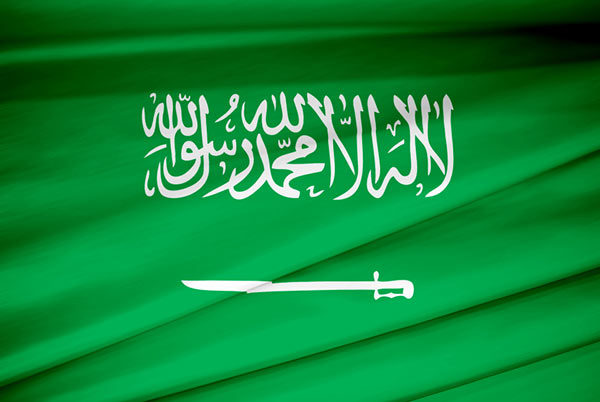Wahhabism confronted: Sri Lanka curbs Saudi influence after bombings

Sri Lanka is moving to curtail Saudi Arabian influence, after some politicians and Buddhist monks blamed the spread of the kingdom’s ultra-conservative Wahhabi school of Islam for planting the seeds of militancy that culminated in deadly bomb attacks this year.
On April 21, nine Sri Lankans blew themselves up in churches and luxury hotels, killing more than 250 people and shocking the country a decade after its civil war ended.
Sri Lanka has since arrested a Wahhabi scholar and is poised to take over a Saudi-funded school.
The government also says it will monitor previously unchecked money flows from donors including prominent Saudi families to mosques in the country.
“Nobody will be able to just make donations now,” said Muslim Cabinet minister Kabir Hashim, who has urged Muslim communities to look at how radical ideas could have spread. He said the Department of Muslim Religious and Cultural Affairs would oversee donations.
The outcry in Sri Lanka is the latest sign that Wahhabism, which critics deem a root cause of the militant threat, is under pressure internationally.
Terrorist organisations, including the Islamic State in Iraq and Syria – which claimed responsibility for the Easter bombings – follow an extreme interpretation of Islam’s Salafi branch, of which Wahhabism was the original strain.
Saudi Arabia rejects the idea that Wahhabism is problematic and defends its record by pointing to the detention of thousands of suspected militants. Riyadh last month sent back five Sri Lankans allegedly linked to the Easter attacks.
Saudi diplomats in Colombo have expressed “displeasure” over being targeted during a recent meeting with President Maithripala Sirisena, a Sri Lankan official told Reuters.
Mr Sirisena’s office, as well as Saudi Arabia’s embassy in Colombo, and its communications office in Riyadh, did not respond to requests for comment on the backlash against Saudi influence.
(Reuters)
Latest Headlines in Sri Lanka
- Sri Lanka raises daily wage of plantation workers to Rs. 1,750 January 30, 2026
- Sri Lanka expands Internal Affairs Units to 250 more state institutions January 30, 2026
- Three arrested over Rs. 17 Million Lanka Sathosa garlic scam January 30, 2026
- Businessman arrested over Rs. 30 Million money laundering case linked to former minister January 30, 2026
- Six police officers arrested over alleged priest assault granted bail January 29, 2026



Sri Lankan names of roads and places ‘baptized ‘ into Arabic Names! Ehelepola Kumari Haami Road in Kandy is now MUslim Mosque Road! Few kilometers from Colombo there was a town called Enderamulla. Now it is Akabr City. These are few examples. For years Muslim students learned from government approved text books if a Muslim denounced Islam and join another religion he/she should be killed! Muslims continue to practice polygamy and marry under age girls! Why Pajapakse government gave green light for deforestation of Vipattu national park to have a negative effect on bio diversity of SL? Why Yaha Palanaya Govt allowed this to be continued? Now 26,000 acres gone and a mono-ethnic group (do not know where they came from/no ID, no documents). Largest University in South Asia is being built with government blessings. One Muslim Doctor (not even a gynecologist) alleged to have performed more than 4,000 T-section surgeries and performed forced sterilizations. To add more salt on the wound a Muslim woman married to a Sinhala Man was brutally dragged into the road striped off her clothes and gave a Shariya punishment while the great SL police looked on doing nothing! Go to any Super Market 75% of the food are HALAL. To get Hlala cerificate a average industry has to pay 400,000 SL Rs to All Celon Janiyyathul Ulama!! In palaces like Kanthankudi Shariya law prevail and people ride motorcycles without helmets…no traffic laws…police is helpless. I am not talking about the recent Easter massacre because we all know that. In recent development SL authorities released the vehicle used for Easter massacre (same time vehicles used to transport illegal sand confiscated by the govt and became state property). SL government is functioning as a catalyst for Vahabism in Sri Lanka.
Our Sinhalese heritage and cultural values, so integral and unique to Sri Lanka alone, is being eroded slowly, and replaced.
We need to be aware of this, address it, and prevent it from happening further at all cost.
Once lost, it will be lost forever!